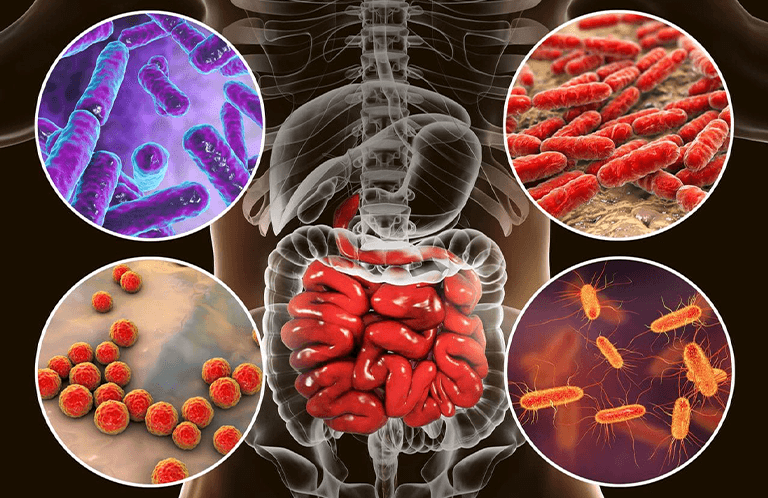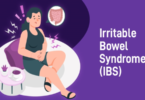Individuals with digestive issues often express concern about antibiotics and their potential to harm the gut microbiome. The question, “How much damage can antibiotics do to my gut health?” is essential and deserves thorough consideration every time you face antibiotic treatment. In this article, we’ll dive deep into how antibiotics affect your gut microbiome, based on extensive clinical experience.
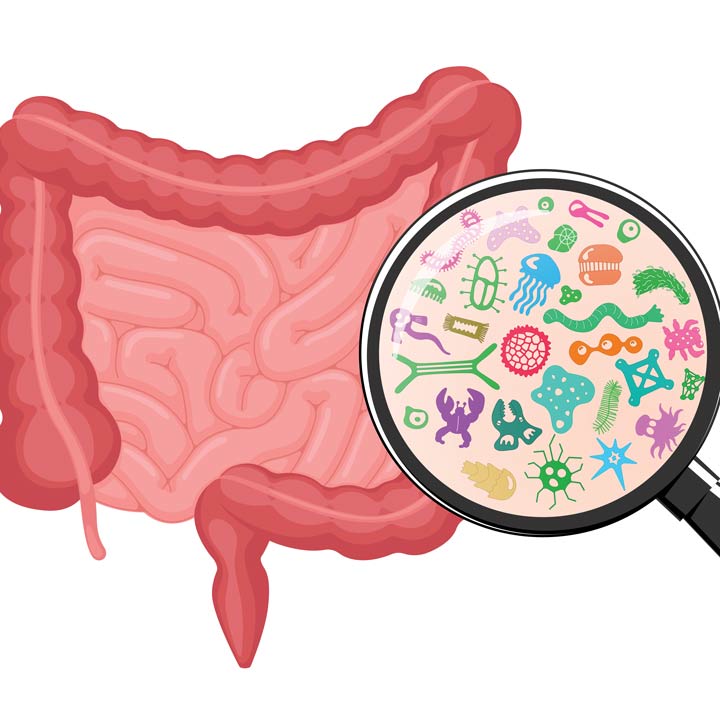
Understanding Your Gut Microbiome
Your gut microbiome comprises trillions of bacteria, categorized into approximately 500 species and around 100 different genera. For instance, Lactobacillus is a genus, while Lactobacillus acidophilus is a specific species within that genus. With such a diverse microbial population, antibiotics can significantly influence the delicate balance of your gut ecosystem.
Antibiotics and Their Effect on Your Gut
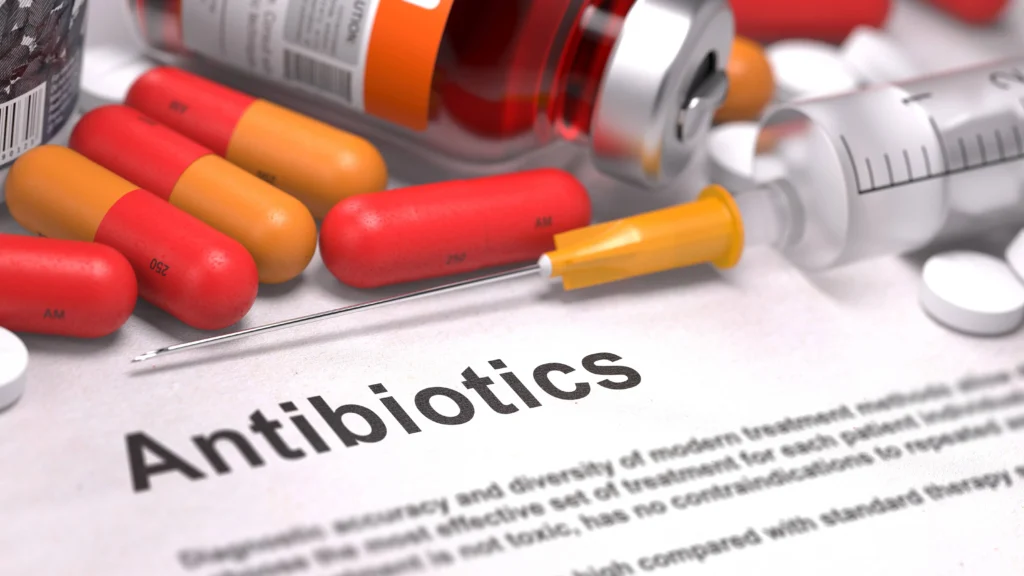
Contrary to popular belief, antibiotics do not completely sterilize your gut. Even broad-spectrum antibiotics don’t eliminate all bacteria. Instead, they target specific types of bacteria. While they certainly kill a substantial number of beneficial microbes, many remain intact. This selective impact depends heavily on the antibiotic type and your existing microbiome composition, which is unique to each individual.
This variability explains why some people experience digestive symptoms like diarrhea after antibiotic use, while others do not.
Misconceptions About Antibiotic Resistance
It’s a common myth that not finishing your antibiotic regimen causes bacterial resistance. In truth, prolonged use of antibiotics actually increases the risk of antibiotic resistance. The longer bacteria are exposed to antibiotics, the more likely they are to adapt and develop resistance mechanisms.
The Long-Term Impact of Antibiotics
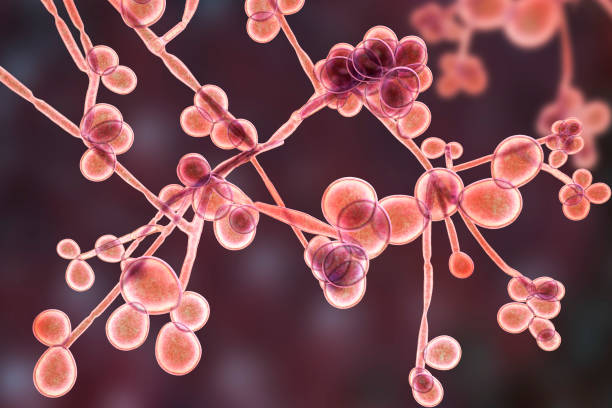
Antibiotics have effects that extend far beyond immediate use. They create cumulative changes over months, years, and even decades. This is due to the competitive nature of your gut microbes. Every antibiotic round shifts this microbial landscape, allowing non-sensitive organisms, antibiotic-resistant bacteria, and fungi like Candida to thrive.
Each antibiotic course you take amplifies these changes. Even seemingly sporadic use, such as taking antibiotics a few times in childhood and occasionally in adulthood, can have a profound long-term impact. Over time, organisms like Candida slowly dominate more gut territory, eventually causing significant health problems that might only become apparent much later in life.
Antibiotics, Candida, and Your Long-Term Health
Let’s illustrate this with a common example: Early-life antibiotic treatments can initially give fungi like Candida a foothold. With each subsequent antibiotic treatment, this foothold grows stronger. Coupled with dietary factors such as sugar and alcohol consumption over many years, this altered microbiome gradually transforms into one where problematic microbes dominate, eventually causing noticeable digestive issues in adulthood.
Probiotics: A Vital Support, But Not Always a Complete Solution
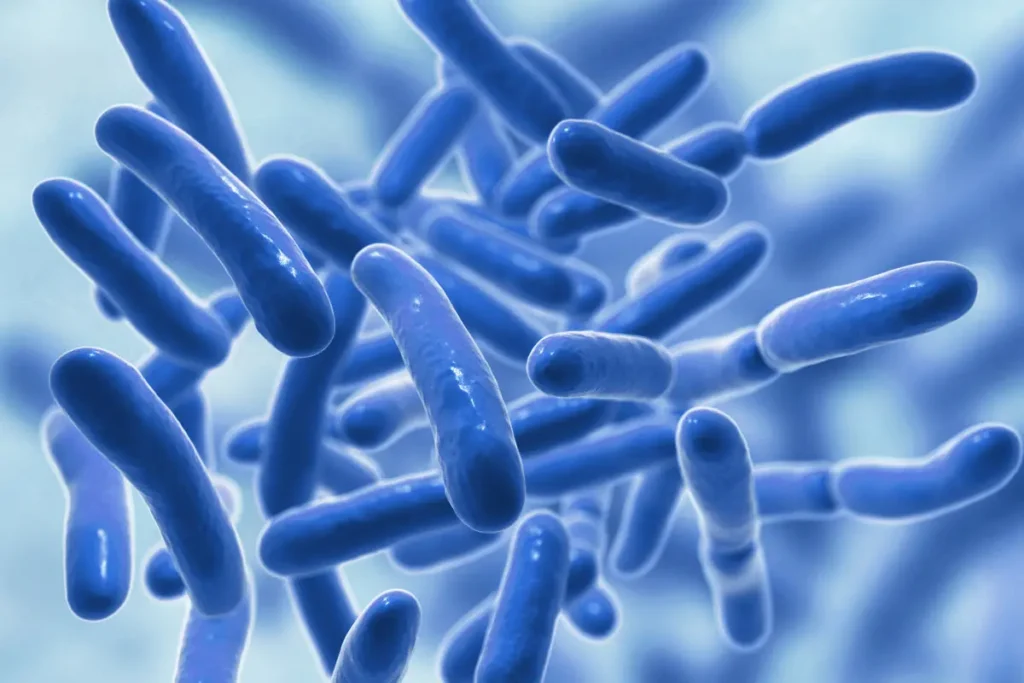
Taking probiotics every time you use antibiotics is advisable, as they help repopulate beneficial bacteria. However, probiotics alone often aren’t enough for long-term microbiome recovery, especially if the microbiome has been repeatedly disrupted over many years. The healing process may require a more comprehensive approach, including dietary changes, targeted treatments, and professional support.
Rebuilding Your Microbiome: A Gradual Yet Attainable Goal
Restoring your gut microbiome can indeed be challenging. It requires time, patience, and often professional guidance. However, with the right approach and interventions, full restoration of gut health is possible.
At DOCTOR SHARE, our mission is to help individuals rebuild and optimize their gut microbiome effectively. Our experienced team specializes in guiding patients through customized microbiome restoration protocols designed to address the root causes of digestive discomfort and restore long-term gut health.
Taking antibiotics is sometimes necessary, but understanding their impact on your gut health empowers you to take proactive measures. Always consider the implications and be prepared to support your gut microbiome, ensuring lasting digestive health.


